When it comes to making your food burst with flavor, few places do it better than Jamaica. The spices used in Jamaican cuisine, like pimento and Scotch bonnet peppers, lend both heat and depth to dishes. Whether you’re preparing jerk chicken or Jamaican curry goat, these spices are essential in capturing authentic Jamaican flavors.
From the aromatic thyme and escallion to the fiery Scotch bonnet pepper, each spice plays a crucial role in Jamaican cooking. If you are curious about blending these spices at home, you’ll learn that even a common herb like thyme can elevate your dish in unexpected ways. Explore how curry powder and ginger are not just for traditional recipes but can be versatile in everyday cooking.
Discover the unique combination of spices in Jamaican jerk seasoning and how it transforms meats and vegetables alike. You might also be interested in how spices like pimento (allspice) and ginger add complexity to beverages such as ginger beer and sorrel. Maybe you want to re-create the taste of the meal you have in a Jamaican beach.
Dive into the world of Jamaican spices and bring a taste of the Caribbean into your kitchen today.
History of Jamaican Spices
Jamaican cuisine has a rich history influenced by pre-colonial indigenous people, European colonization, and modern-day integration of global flavors. Each era has contributed unique spices that have shaped the distinctive taste of Jamaican food.
Pre-Colonial Influences
Before European settlers arrived, the island was inhabited by the Taino people. They used native plants and spices to season their food. Ingredients like allspice, known locally as pimento, were common. Allspice gives a unique flavor reminiscent of cinnamon, nutmeg, and cloves combined.
Taino people also cultivated various peppers and herbs. These items were essential in their diet and used for preservation. The methods they developed laid the groundwork for many traditional Jamaican spices used today.
European Impact on Spicing Techniques
European colonizers brought their own culinary traditions to Jamaica. The Spanish were among the first, introducing ingredients like garlic and onions. Later, the British during their colonial rule added their own spice practices. They combined local ingredients with European spices, creating a fusion that is now characteristic of Jamaican cooking.
During the transatlantic slave trade, African influences also became significant. African slaves brought knowledge of different spices and cooking techniques, which further enriched the island’s culinary landscape.
Modern Spice Integration
In modern times, Jamaican cuisine has continued to evolve. The blending of traditional spices with those brought by Chinese, Indian, and Middle Eastern immigrants has created a vibrant and diverse food culture.
Jerk seasoning, a staple in Jamaican dishes, now includes a mix of Scotch bonnet peppers, thyme, ginger, and allspice. This blending of spices from different cultures makes Jamaican food unique and flavorful.
Today’s Jamaican spice blends are celebrated for their complexity and depth. They reflect a long history of cultural exchange and innovation, making them a vital part of Jamaica’s culinary identity.
Common Jamaican Spices and Their Uses
1. Allspice – Pimento
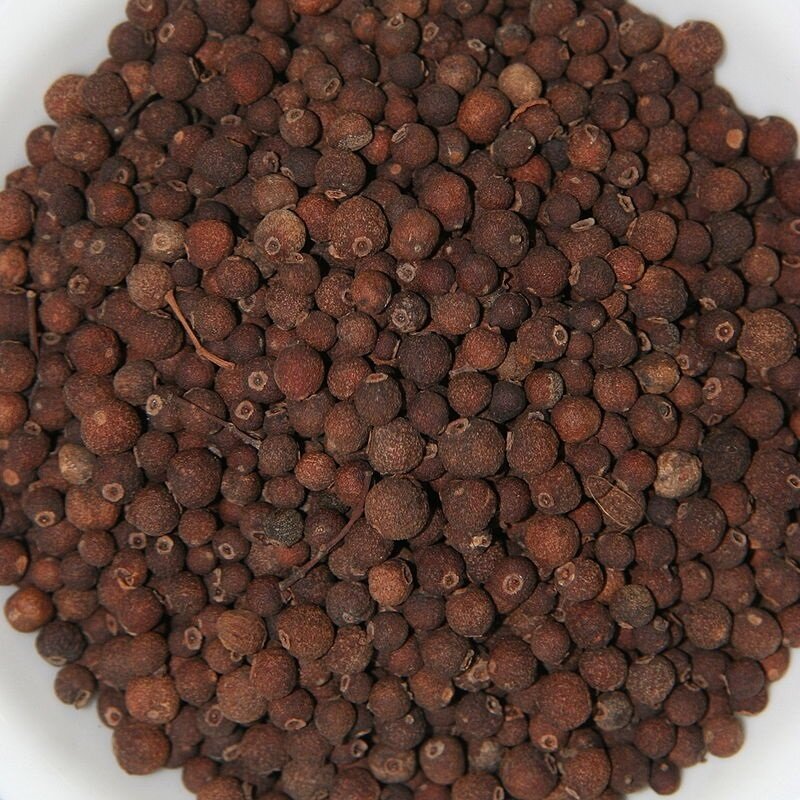
Allspice, known locally as pimento, is native to Jamaica. It brings the flavors of cinnamon, nutmeg, and cloves all in one spice. You often find it in jerk seasoning, which is essential for jerk chicken and pork dishes. Pimento is also used in soups, stews, and marinades to give a warm, slightly sweet flavor. It’s a versatile spice that enhances both savory and sweet dishes.
2. Scotch Bonnet Pepper
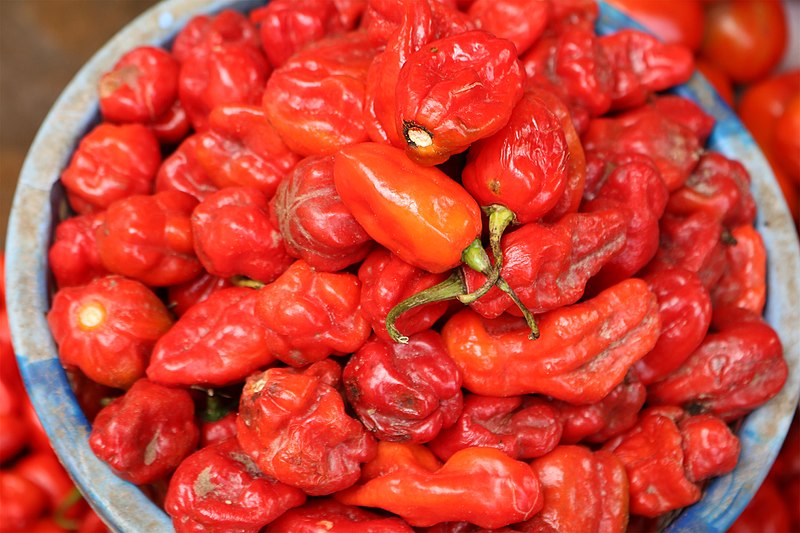
The Scotch Bonnet Pepper is famous for its intense heat and fruity flavor. It’s a key ingredient in many Jamaican dishes, adding heat to jerk seasonings and pepper sauces. You’ll often find it combined with other spices in stews and curries. While very hot, it also provides a sweet, tropical note that balances well with the other ingredients. Be careful when handling it due to its high heat level.
3. Nutmeg and Mace
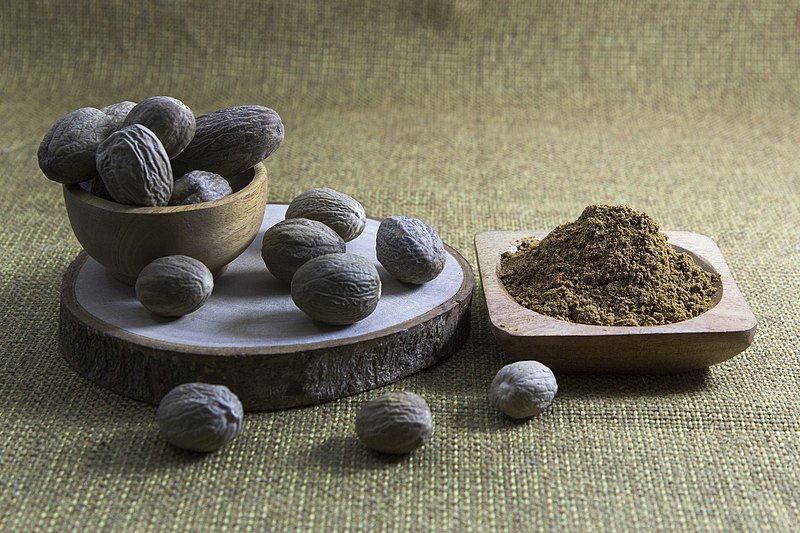
Nutmeg and mace are two related spices often used in Jamaican cooking. Nutmeg is the seed, while mace is the lacy covering of the seed. Both are used in sweet and savory dishes. Nutmeg is particularly common in desserts like cakes and puddings, while mace is used in soups and sauces. Each brings a warm, spicy flavor that’s slightly sweet and very aromatic.
4. Thyme
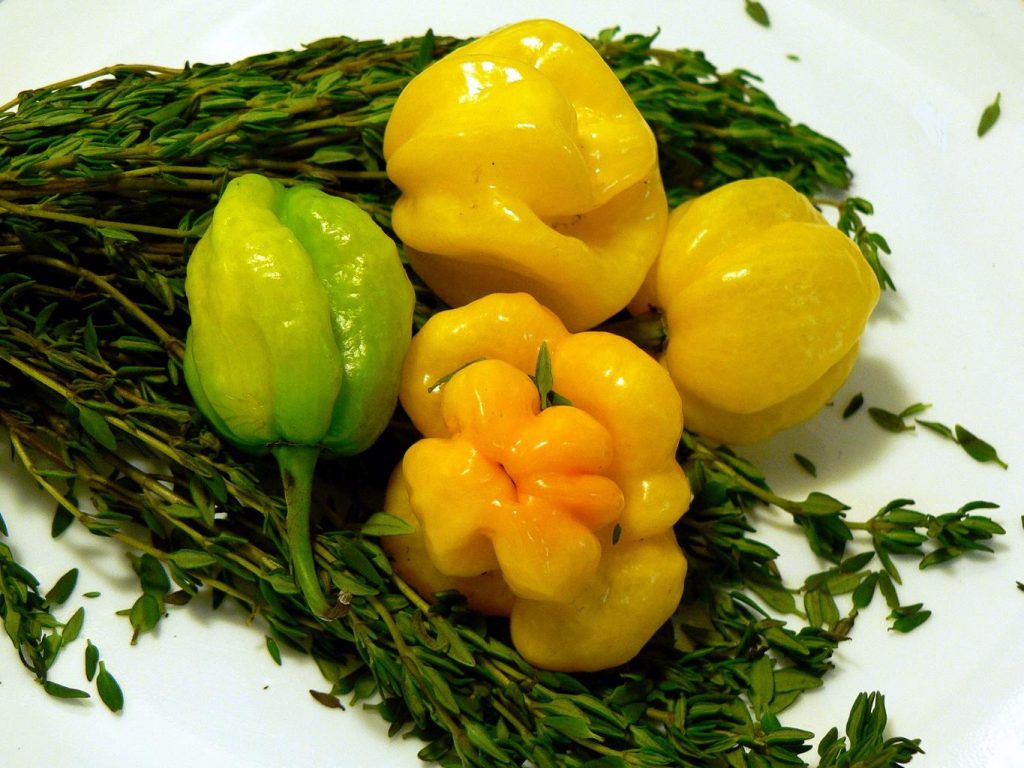
Thyme is a staple in Jamaican kitchens. It’s used fresh or dried in a wide variety of dishes, including soups, stews, and meats. Thyme adds a slightly minty and peppery flavor that blends well with other herbs and spices. It’s often paired with scallion and garlic to season meats like chicken and goat, making it a fundamental herb in Jamaican cooking.
5. Ginger and Turmeric
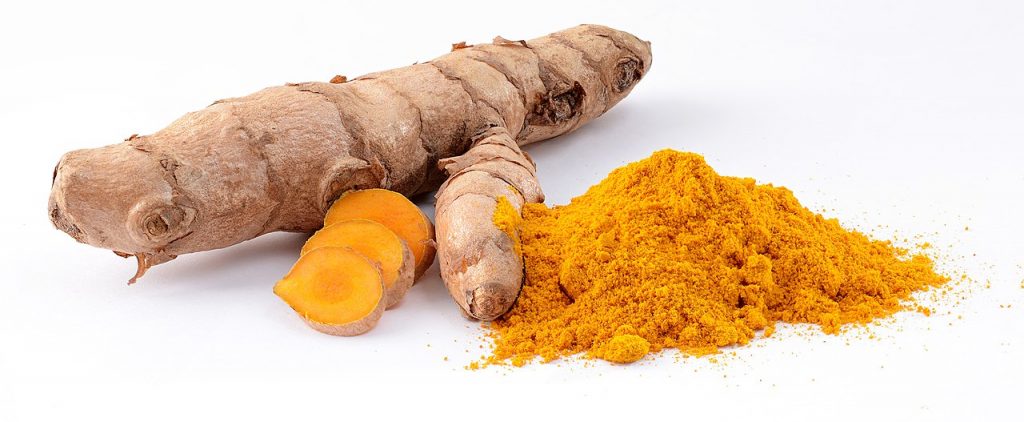
Ginger and turmeric are essential for their aromatic and health benefits. Ginger provides a spicy, sweet flavor that’s used in beverages like ginger tea and in savory dishes like escovitch fish. Turmeric adds a warm, earthy taste and a bright yellow color to curries and stews. Both spices are also known for their anti-inflammatory properties and are often used in traditional remedies.
Impact on Health and Cuisine
Health Benefits of Jamaican Spices
Jamaican spices are known for their rich health benefits.
- Pimento (Allspice) aids digestion and has anti-inflammatory properties.
- Turmeric contains curcumin, which can reduce inflammation and has antioxidant effects.
- Ginger, another staple, helps with nausea and has anti-inflammatory and antioxidant properties.
- Thyme is known to boost the immune system and has antiseptic qualities. Incorporating these spices into your diet can help improve overall health, offering a natural way to support wellness.
What Spices are Used in Traditional Jamaican Dishes?
Jamaican spices are essential in creating authentic dishes. For instance, the famous jerk seasoning combines thyme, pimento, and Scotch bonnet peppers to create a smoky, spicy flavor that is ideal for meats like chicken and pork. Curried goat uses Jamaican curry powder, which includes turmeric and pimento.
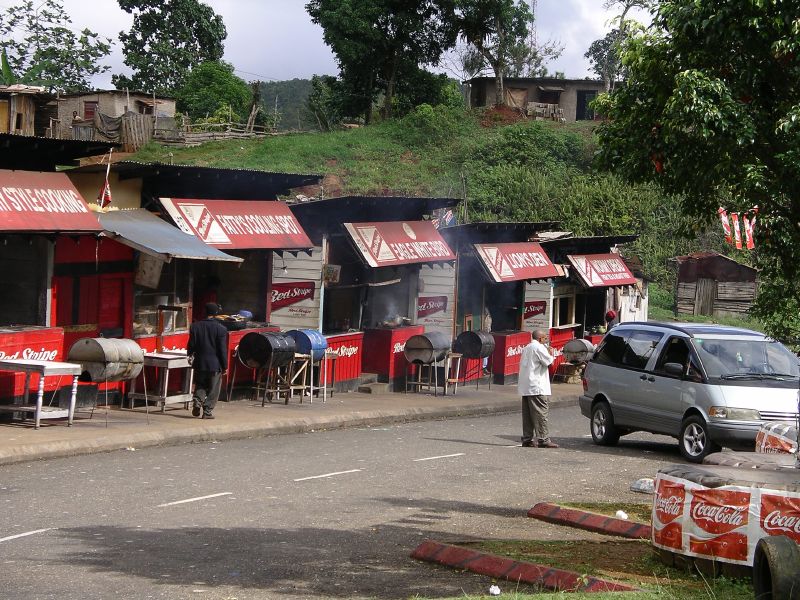
Rice and peas, often flavored with thyme and scallions, is a staple side dish. Escovitch fish is marinated in a spicy, vinegar-based sauce with pimento and hot peppers. These dishes highlight how Jamaican spices are integral in delivering the distinct tastes and aromas of Jamaican cuisine.
Sourcing and Production of Jamaican Spices
These Caribbean spices stand out due to their unique flavors and high-quality standards. The process involves careful local farming and effective strategies to meet global demand.
Local Farming and Harvesting
Jamaican spices like ginger, turmeric, and pimento are grown on local farms, benefiting from the island’s fertile soil and favorable climate. These conditions enhance the spices’ distinctiveness and quality.
Farmers use traditional methods combined with modern agricultural practices. This mix helps maintain the authenticity and flavor of the spices. Harvesting is done manually to ensure the best parts of the plants are selected.
Export and Global Availability
Jamaican spices have a strong presence in the international market. They are exported to meet both domestic and export demands, especially in the U.S. and CARICOM countries.
Rising prices and falling production have pushed some buyers to look elsewhere. This has put pressure on the Jamaican spice market. Despite this, the commitment to quality keeps Jamaican spices competitive.
Projects like the Food for Progress Jamaica Spices aim to revitalize the sector and improve global trade relationships. They provide vital support to ensure Jamaican spices remain a preferred choice for buyers worldwide.
Traditional Jamaican Spices: A Guide to Authentic Flavor
When people think of Jamaican cuisine, they often picture smoky jerk chicken, fragrant rice and peas, or a spicy curried goat. At the heart of these beloved dishes are traditional Jamaican spices and herbs that give the food its bold, unforgettable taste. Understanding what spices Jamaicans use is key to recreating authentic flavors at home.
Core Jamaican Herbs and Spices
Jamaican cooking is built on a vibrant blend of fresh herbs and dried spices, many of which are native to the island. The most famous is pimento, also known as allspice, which delivers the warm, aromatic notes found in jerk seasoning, stews, and soups. Scotch bonnet peppers bring intense heat and a subtle fruity sweetness, making them an essential ingredient in many spice blends.
Other important Jamaican herbs and spices include:
-
Thyme – Adds a slightly minty, earthy depth to meats, soups, and rice dishes.
-
Scallion (green onion) – Used fresh for brightness and mild onion flavor.
-
Nutmeg and mace – Often used in desserts and festive drinks like rum punch.
-
Ginger – Found in both savory dishes and popular drinks such as ginger beer.
-
Turmeric – Adds warm color and earthy undertones to curries.
These herbs and spices are often combined rather than used alone, creating complex layers of flavor.
Spice Blends That Define Jamaican Cuisine
While individual spices are important, Jamaican food is famous for its unique blends. The most well-known is jerk seasoning, a mix that typically includes allspice, Scotch bonnet peppers, thyme, ginger, garlic, and scallion. Traditionally, the seasoning is rubbed onto meat and slow-cooked over pimento wood, giving it a smoky, aromatic character.
Another essential blend is Jamaican curry powder, distinct from Indian curry powder due to its higher pimento content and milder heat. It is used in dishes like curried chicken, curried goat, and even vegetarian recipes such as curried chickpeas.
How Jamaicans Use Spices in Everyday Cooking
In Jamaica, spice use isn’t limited to special occasions — it’s part of everyday meals. Breakfast might feature callaloo seasoned with thyme and scallion, while lunch could be a pepperpot soup spiced with pimento and Scotch bonnet. Even beverages carry the spice tradition, with ginger tea, sorrel with cinnamon and cloves, and rum cocktails often infused with nutmeg.
When preparing meals, Jamaicans often season meat or fish hours before cooking, allowing the flavors of herbs and spices to deeply penetrate the food. This marination step is key to the rich, full taste that Jamaican cuisine is known for.
Bringing Traditional Jamaican Spices Into Your Kitchen
To cook authentically, start by sourcing high-quality Jamaican herbs and spices — ideally from local Caribbean markets or reputable online suppliers. Use them generously, but balance heat with aromatic herbs. If you’re new to the cuisine, begin with jerk chicken, rice and peas, or curried goat to experience how spices define these dishes.
By learning what spices Jamaicans use and how they combine them, you can bring a taste of the island into your own kitchen. Whether you prefer fiery heat, fragrant aromatics, or earthy depth, Jamaica’s spice traditions offer endless possibilities for delicious, soulful cooking.
Frequently Asked Questions
Jamaican spices are rich and varied, playing a key role in the island’s culinary traditions. From the fiery heat of Scotch bonnet peppers to the aromatic sweetness of nutmeg, there’s much to explore.
Which spices are included in the traditional Jamaican Jerk seasoning?
Traditional Jamaican jerk seasoning typically includes a mix of Scotch bonnet peppers, pimento, ginger, lime, garlic, sugar, onions, thyme, and soy sauce. This combination creates a spicy and flavorful blend used in dishes like jerk chicken and pork.
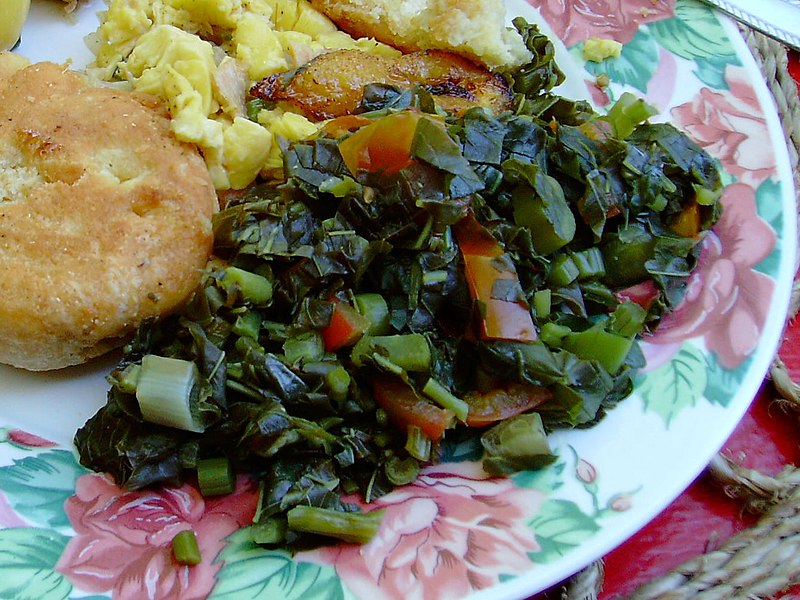
How can you make authentic Jamaican spice blends at home?
To make authentic Jamaican spice blends at home, gather ingredients such as allspice, nutmeg, ginger, and Scotch bonnet peppers. Combine these with fresh herbs like thyme and scallions. Adjust the heat and flavor to your preference, remembering that balance is key. Follow tried-and-true recipes to capture the authentic taste of Jamaica.
Can you give me a list of Jamaican herbs and spices?
Jamaican cooking often uses a variety of herbs and spices. Key ingredients include allspice, Scotch bonnet peppers, ginger, garlic, thyme, scallions, nutmeg, and cloves.
What are the best spices to use when cooking Jamaican chicken dishes?
For Jamaican chicken dishes, jerk seasoning is a must-have. This includes allspice, Scotch bonnet peppers, thyme, and garlic. Additionally, consider using paprika for color and cumin for a warm, earthy taste.
What are the differences between Jamaican and other Caribbean spice mixes?
Jamaican spice mixes often feature Scotch bonnet peppers and allspice prominently. In contrast, other Caribbean spice blends might use milder peppers and different proportions of herbs. Jamaican blends are known for their intense heat and bold flavors, setting them apart from other regional varieties.
What are some common herbs used alongside spices in Jamaican cuisine?
Common herbs used in Jamaican cuisine include thyme, scallions, and cilantro. These herbs pair well with spices like allspice, ginger, and Scotch bonnet peppers. They enhance the flavor profile of dishes, adding freshness and complexity to the spicy mixtures.